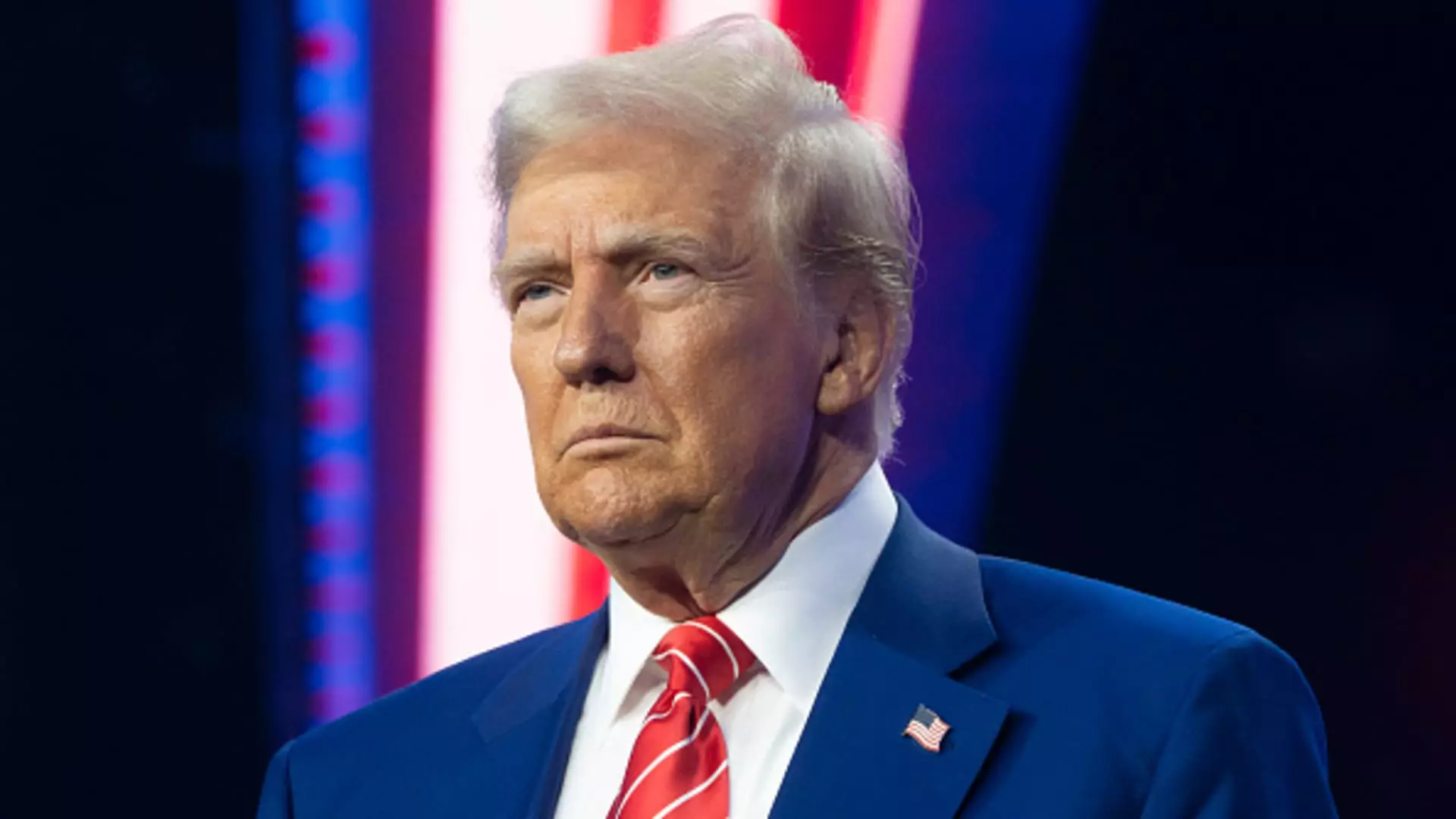As the world mourns the passing of former President Jimmy Carter, who lived to the remarkable age of 100, reflections on his comprehensive body of work and humanitarian efforts come to the forefront. Carter, known for his dedication to peace and human rights, notably engaged in various initiatives post-presidency that highlighted his commitment to public service. His global health programs and efforts in habitat construction through Habitat for Humanity are merely a facet of his enduring legacy. The upcoming state funeral, set to take place at the National Cathedral on January 9, serves as an appropriate venue to honor his extensive contributions to both the United States and the broader international community.
In a surprising yet calculated move, President-elect Donald Trump announced his intention to attend Carter’s funeral. Trump’s presence at the ceremony not only underscores the significance of mourning a former president but also strategically aligns with the current political landscape. During a New Year’s Eve event at Mar-a-Lago, Trump was questioned about his plans for the service, exhibiting his awareness of the media scrutiny surrounding major political events. By confirming his attendance, Trump positions himself as a unifying figure in a moment of national reflection, while also subtly engaging in the ongoing narrative of Republican congressional elections.
As the House prepares for a pivotal leadership vote following the swearing-in of a new Congress, Trump’s endorsement of House Speaker Mike Johnson cannot be understated. The Republican Party’s internal dynamics are always complex, and Johnson’s election as Speaker has seen its challenges, particularly with divisions apparent in his party. The recent backlash against Johnson’s stopgap funding bill indicates potential fractures within the GOP. Trump’s assertion that Johnson is the candidate to rally support exemplifies a tactical move, intending to consolidate Republican unity under his influence. Yet, the reality is that skepticism remains, evidenced by the thirty-four Republicans who previously opposed Johnson’s measures.
Future Prospects for the Republican Party
Trump’s assurances of support for Johnson from within the party reveal the delicate balance of allegiance and dissent that exists among Congressional Republicans. While Trump’s influence is undeniably significant, the path forward will require more than endorsements; it will necessitate a strategy to bridge existing divides. As the party gears up for a leadership vote, they must navigate between legacy sentiments for Carter and contemporary political challenges. Ultimately, Trump’s ability to galvanize support for Johnson could serve as a litmus test for his own standing within the party and determine the trajectory of Republican policy-making in the coming years.
The intertwining of honoring Jimmy Carter and navigating the political aspirations of figures like Donald Trump illustrates the complex nature of American politics. As citizens reflect on the lessons of leadership imparted by Carter’s life, the Republican Party stands at a crossroads, grappling with internal fissures and the essential task of presenting a united faction for the future. How they handle this transition could very well dictate their effectiveness and relevance in a rapidly evolving political landscape.


Leave a Reply